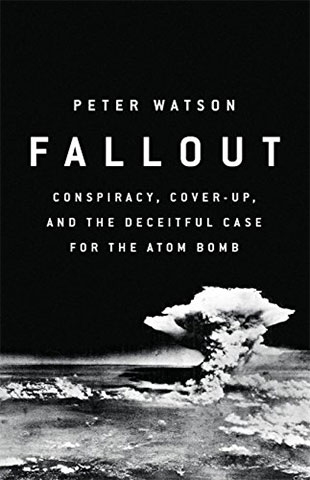"At the heart of this story are two individuals — Niels Bohr and Klaus Fuchs — who, each in his own very different way, foresaw how the bomb threatened to change the post-war world and sought to do something about it. One failed, the other succeeded.
"This book faces squarely the fact that, for some people in this narrative, once it became clear that a bomb could be built, they ensured that it would be built. Bohr and Fuchs both feared this inevitability, but they also knew that, in wartime, more than at other times, chronology is crucial. In wars, events — life-threatening events — follow on one another very quickly and important decisions with momentous consequences have to be taken rapidly. In such circumstances, as this book shows, even the seemingly inevitable is not necessarily inevitable.
"The history of atomic bomb wartime intelligence — which is what this book essentially is — presents us with the unmistakable conclusion that a series of momentous mistakes were made, and lies told, by the French, by the Germans, by the British and by the Americans, with the result that the world stumbled, even blundered, unnecessarily into the nuclear age. A world war was raging, the right hand very often didn’t know what the left was doing, individuals were overworked in life-and-death situations, very few had access to all the information they ideally needed. Nonetheless, from the latest evidence we now have, we can conclude that, with different personnel in certain key positions, and if they had shared what intelligence they had, they may well have concluded that there was no need to build an atomic bomb and we would all have avoided the knife-edge that we now call peace.
"The place of nuclear weapons in our lives continues to be as nerve-racking as ever. More than seventy years after Hiroshima we seem no nearer to controlling the use or even the spread of these fearsome weapons. Worldwide there are now 9,500 nuclear warheads. According to scientists this is sufficient to destroy the planet 100 times over. Our predicament is as absurd as it is dangerous and, with recent developments in Iran and North Korea in mind, it risks becoming even more so."
